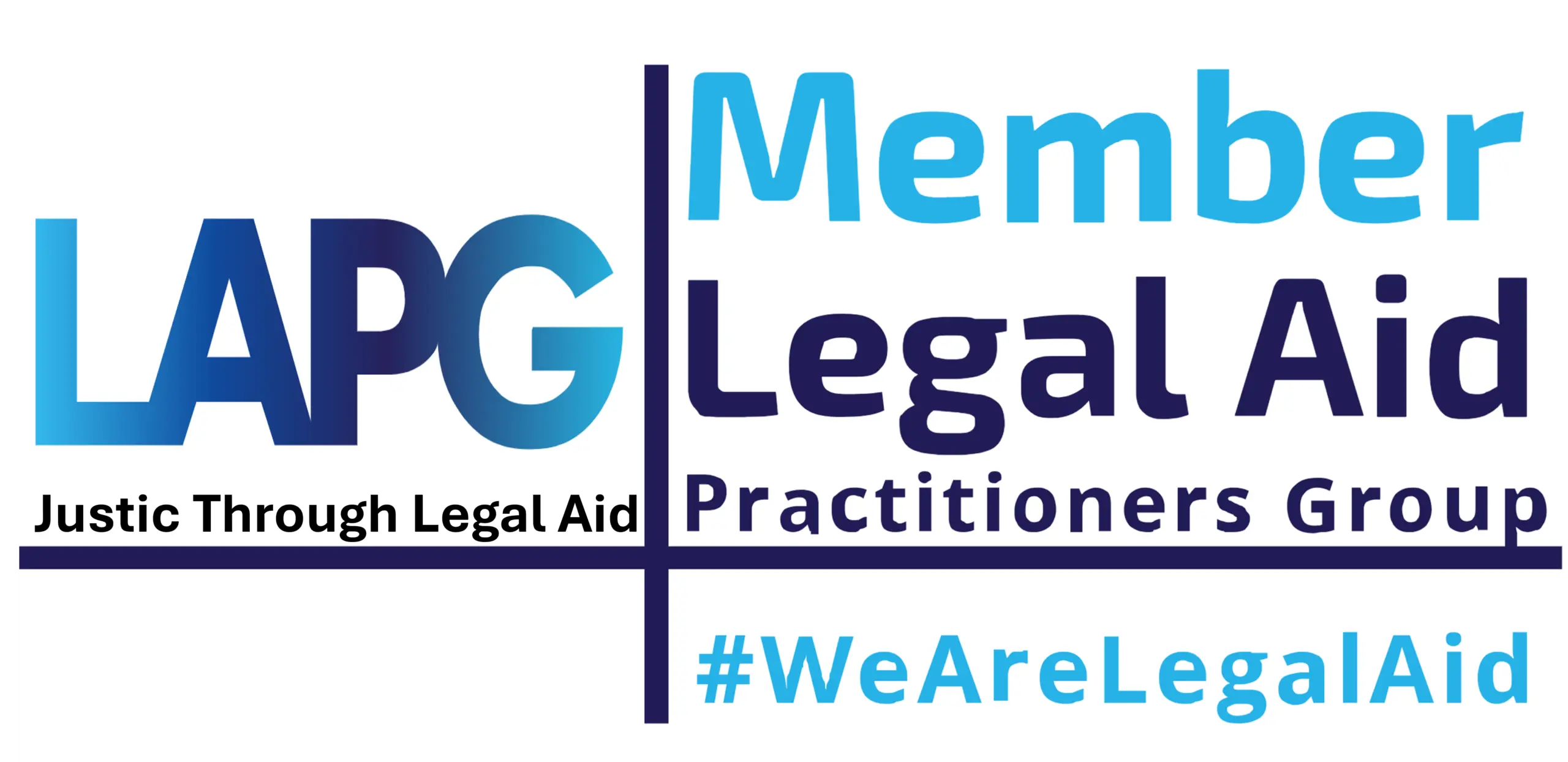Standing Firm in Power and Pride
Rosalia Scannella, Senior Paralegal at Goodman Ray solicitors, conducted an interview with a Cafcass Children’s Guardian in honour of Black History Month.
The theme for this year is “Standing Firm in Power and Pride”.
Can you tell us about your heritage?
I am British, born of Indian Gujarati heritage. My parents were Indian and born in Kenya, East Africa. The Gujarati I speak is mixed with Swahili too.
What is your educational background?
I completed my GCSE’s, and A levels and obtained a degree in Urban Policy from the University of Lancaster. I went onto further studies and completed a Masters in Social science at Oxford University, where I also obtained my social work qualification.
What inspired you to become a Children’s Guardian?
When I was a social worker, I had several court cases and enjoyed the court work. I was particularly impressed by one of the Guardians and wanted to work on behalf of the child. That Guardian approached me and asked me to apply, which I did. I was offered the position of a self-employed Guardian Ad Litem, as we were then called, in 1999. To my understanding, I was the youngest Guardian employed by the Panel.
As a Children’s Guardian, what gives you pride in your work?
It is an enormous privilege to work on behalf of a child and their siblings, making recommendations that are life impacting and life changing. It is intellectually stimulating, it can be seen to be an enormous responsibility, for example considering whether a child has a right to have his or her family notified before an application for adoption is made, or thinking that this young mother’s confidentiality should be protected.
The work is not easy but I work with pride in my recommendations to the court who will have the final say. I am able to assist the court and I have, over the years, built a good reputation with the courts. One child was so happy to stay in his foster placement forever and decided to name his dog after me! What a compliment. I was touched.
Why is it important for children, especially those from minority backgrounds, to see their culture, history, and identity respected in family court proceedings?
We know from countless stories from adults who have been adopted how important it is for them to piece every last piece of their jigsaw to help them identify who they are. Children are unique and we need to be ambitious in our knowledge for them to ultimately produce good outcomes for them into their adulthood. I recall the president recently mention a case when a father asked for the return of his son because he was a black boy and only he could prepare him to become a black man in adulthood.
Racism is embed in our structures in society, our institutions and services. As a person of colour I can identify what this father means, how to prepare this child to face those challenges open and discreet, nuanced, and also loud. When I first became a Guardian, a meeting of Guardian’s stopped and asked if I was supposed to be in that room. Barristers at court have asked if I am the mother (the one with drug, alcohol and mental health issues). At the time, this had a negative impact on my confidence and delivery of recommendations. I doubted myself and felt I had to work a lot harder than my peers.
The theme for Black History Month 2025 is “Standing Firm in Power and Pride”. What does this theme mean to you in the context of your work with children and families?
For me it means doing what I always do thematic or not, history month or not. My years of experience have given me confidence to stand firm with professionals and the court on behalf of a child. Being proud and ambitious for children giving them a voice is what I do.
What message would you share with young people about standing firm in their own power and pride?
I would say be yourself your unique self, find your thing! If it is to draw, to write, to sing, to play football and enjoy what you do. Love who you are and others will follow.

Our Black History Month Articles Archive
We hope you found this interview insightful and interesting. You can read all of our other Black History Month articles here.






